Caregivers play a vital role in supporting and caring for the sick person. Hélène Pinel agreed to talk to us about her role as a caregiver alongside her husband who suffers from ALS (Amyotrophic Lateral Sclerosis).
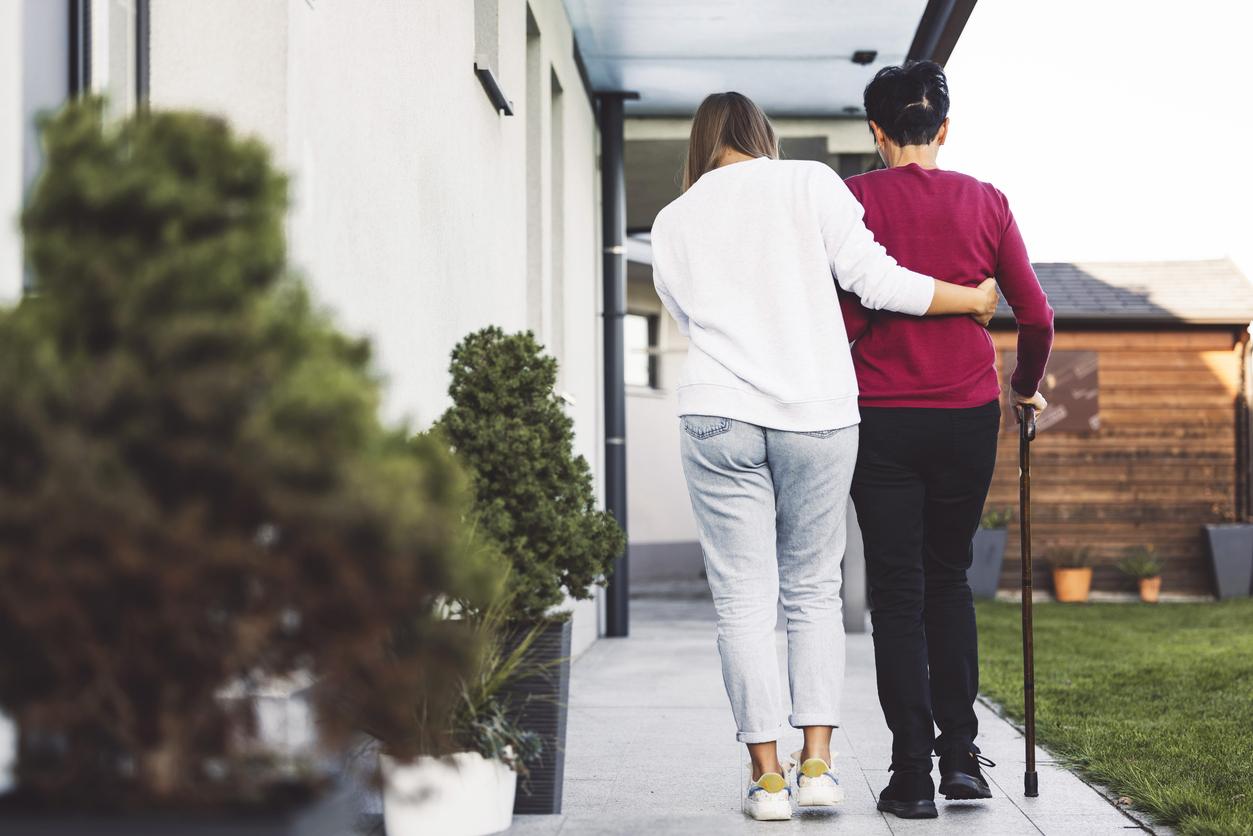
The role of the caregiver is essential for sick people who are losing their autonomy. The lives of caregivers are completely turned upside down when they take on this role.
Hélène Pinel, co-founder of the patient association “ All in the saddle against ALS » (TECS), but also a caregiver for a person with ALS, her husband, who died in 2020, tells us what she experienced and does not hesitate to share her projects and advice with us.
Why Doctor? : How did it happen for you and at what point did you feel that you were going to become a caregiver?
Helen Pinel : It’s very gradual. The first symptoms appear and the diagnosis is long since it takes an average of a year. And when the axe and the diagnosis fall, we understand what is going to happen. I didn’t feel like a caregiver right away, but only when it had an impact on my professional life, that is to say when I was limited in my travels.
“My employer allowed me to stay home in the morning”
And what has changed for you, professionally? Did you have to stop working?
This is often the case for caregivers. I was extraordinarily lucky to have a very understanding employer and manager. It was during the Covid period. I work in an IT (Information Technology) company and we already had all the tools to work from home. My employer allowed me to stay home in the morning. I only came (to La Défense in Paris, Editor’s note) in the afternoon. And when my husband was no longer independent, a caregiver came to the house. But he left before it got complicated…
This arrangement of working hours was essential thanks to an understanding employer.
What was your role as a caregiver?
I was my husband’s arms and legs. Everything he could no longer do, he asked me to do. So it was washing in the morning, etc. And then I was replaced, because at some point, it had become too much. Indeed, washing takes an hour and a half, especially for an inexperienced person. So it’s washing, eating. Meals, the longer it goes on, the longer it is, and the longer it is, the more it wears out your patience, and you have to have infinite, unconditional love to manage all of that.
The caregivers, at the beginning, are the family. Afterwards, we inquire, because we are in need, about the administrative possibilities. There are already the home helps. And there, there is a small injustice between the sick before 60 years old and after 60 years old, since the aids are not the same.
There are also the entire medical profession such as nurses, physiotherapists, neurologists, etc. The major player remains the attending physician who is close to you.
“Family and friendly help, but also from the community”
What assistance have you received and how can you access it?
We have had help from family and friends, and also from the community. You have to submit an application to the MDPH (Maison Départementale des Personnes Handicapées) which grants you hours (of help, Editor’s note). This is how we pay the assistant who comes to the house. And when the disease progresses, we ask for more and more hours.
Everything related to the disease is taken care of. For the equipment, it is more complex, you have to anticipate. For example, for the chair, we had initially ordered a manual which was taken care of, and finally, the electric chair is required very quickly. And there, we were helped by theARSLA (Association for Research into Amyotrophic Lateral Sclerosis and other motor neuron diseases) with an unconditional loan of equipment.
And there are local associations, like ” SLA What is AQUO “, for example, which is a great help to patients in the Toulouse region. But there are many others.
Why are there so many associations? It’s because everyone creates an association around the sick person precisely to help.
What are the deadlines for obtaining all this assistance?
These are administrative procedures. Some people know how to do them well. And there are those who are a little lost, so it takes time. For me, it took, I think, 4 to 6 months. That was in 2018. I even went there (to the MDPH, Editor’s note) to explain to them that it was becoming urgent. And despite that, it took a long time.
What do associations really bring?
In 2018, I met Virginie Delmas, a caregiver whose husband was allergic to gluten and who was wondering: “couldn’t all this be related?” So she looked up medical publications. And today, our association wants to ask for thecompassionate access (permission to access a drug) for a fecal microbiota transfer. That is to say, we remove all the microbiota from the intestines, and we put back another one from a healthy donor. The goal is to recolonize the intestine of patients.
Many professionals surround the sick person
Who are the health professionals who surround ALS patients and their caregivers?
There is the attending physician, the neurologist, the physiotherapist. The physiotherapist is important because people are immobile. So, if the physiotherapist is not there to stretch the limbs, to keep them flexible, there is neurological pain in some people.
We also went to a palliative care center to try to improve my husband’s quality of life.
What are the means of communication for people with ALS?
In 2024, there is a great tool: eye controls. That is to say, thanks to eye movements and blinking, this interface allows you to control your computer. As a result, from a synthetic voice, the patient can communicate.
But these systems are very expensive. You have to go through the MDPH to get funding.
How do you manage to remember yourself and take care of yourself when you are a caregiver?
It’s complicated… It’s physically complicated because we’re afraid of leaving. We become the reference person. It’s therefore important to involve the care workers as quickly as possible so that the patient has several reference people. In the event of an incident, if the main reference person leaves, the patient feels less lost. So setting up all this assistance gradually is an essential condition for the longevity of the patient and the caregiver. Since one in three caregivers dies before the patient… And me, while working, since I had to work for the financial side, I only saw burnout.
We went to the cinema from time to time. Again, be careful of disabled access, in those cases, we took the manual wheelchair.
It is important to maintain the family network and friends, because it is a disease that is scary, that is disconcerting, because the patient changes and his physical appearance too. He has stiffness in the face, so his way of smiling is different. We have the impression that he is more absent. As in all neurological diseases, we must know that the person understands and that he is in front of someone who repeats thinking that he does not integrate, but he integrates very well. So we must explain.
Social networking is important for us and the sick person.
Coordination between actors is important
Tell us a little more about your association?
We therefore request the transplantation of fecal matter, in relation to the microbiota (previously called intestinal flora).
We have looked for all means to improve the longevity of our spouses or of the sick who have joined us, but also of the founders of this patients’ association since there is 3 patients and 2 caregivers.
And we can clearly see that genetic research is progressing, on certain avenues as well. But on the microbiota, nothing.
For the moment, the right to trial (of microbiota transplantation) has been refused.
And we would need to be able to find a marker, a sort of identity card for this disease in our intestine that would allow us to diagnose it. At the moment, there is no biomarker.
A laboratory has agreed to work with us and to begin a first clinical trial called IASOwhich is in the closing phase. It started more than a year ago and has recruited 15 patients.
What message do you want to convey?
I would like ALS to be an example of collective intelligence. What is important today is to collect data and make our computers work (web, artificial intelligence). There is a need for coordination between medical actors for daily life, also concerning administrative procedures and the financial aspect.
The show can be found on our YouTube channel:










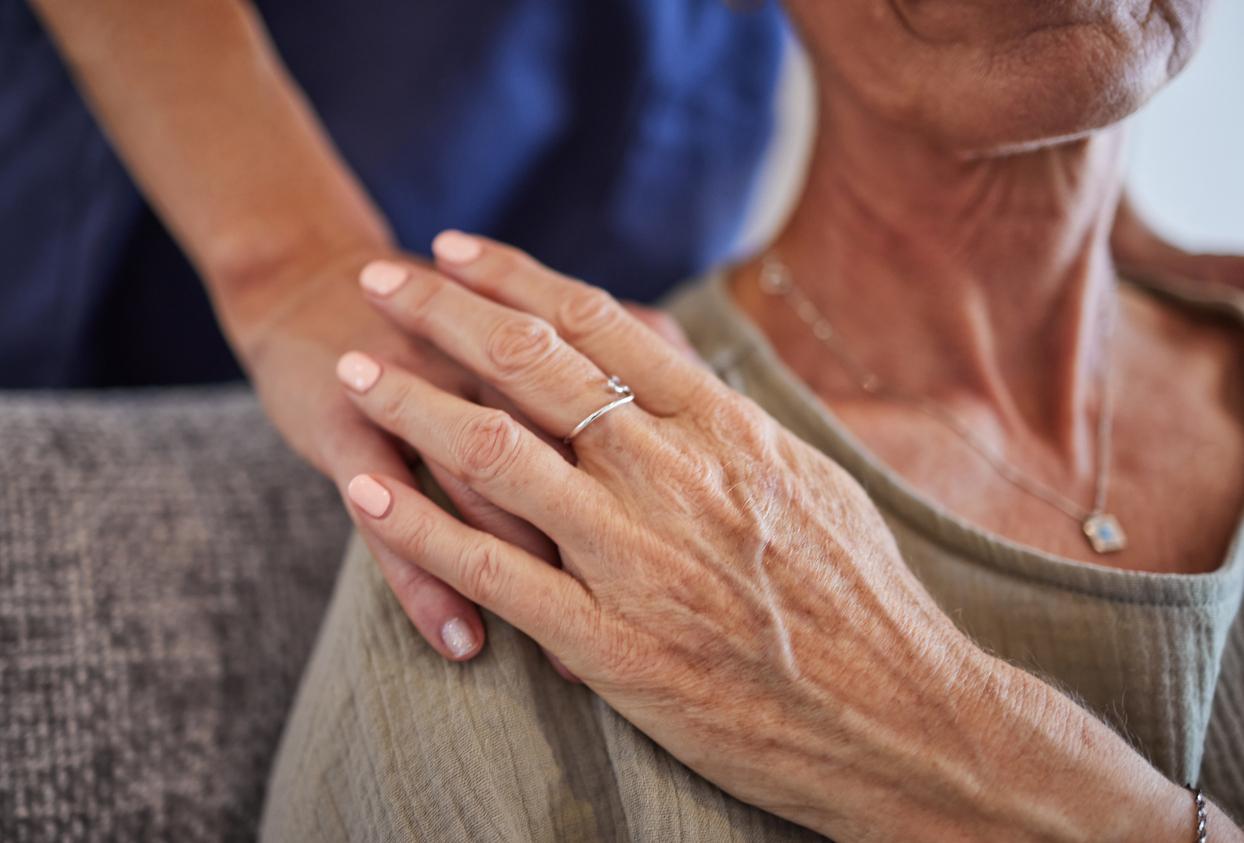
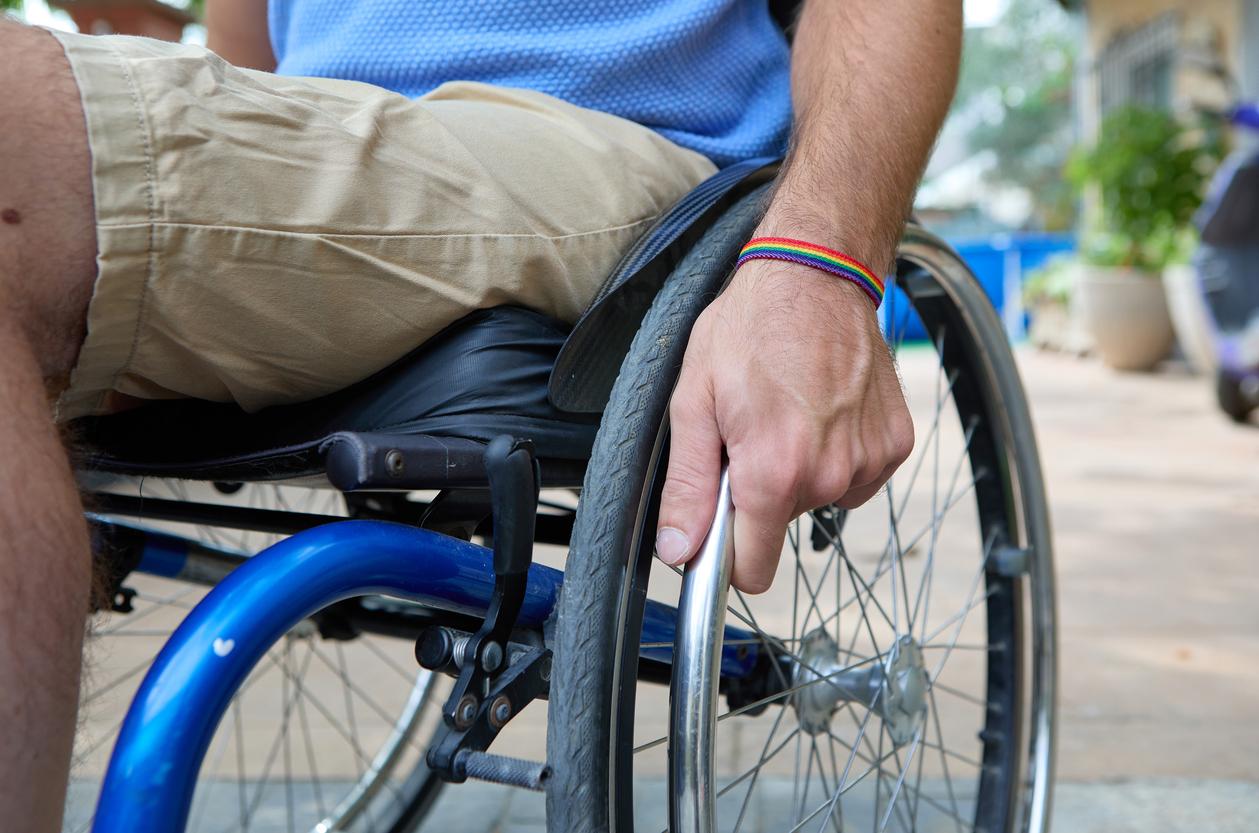
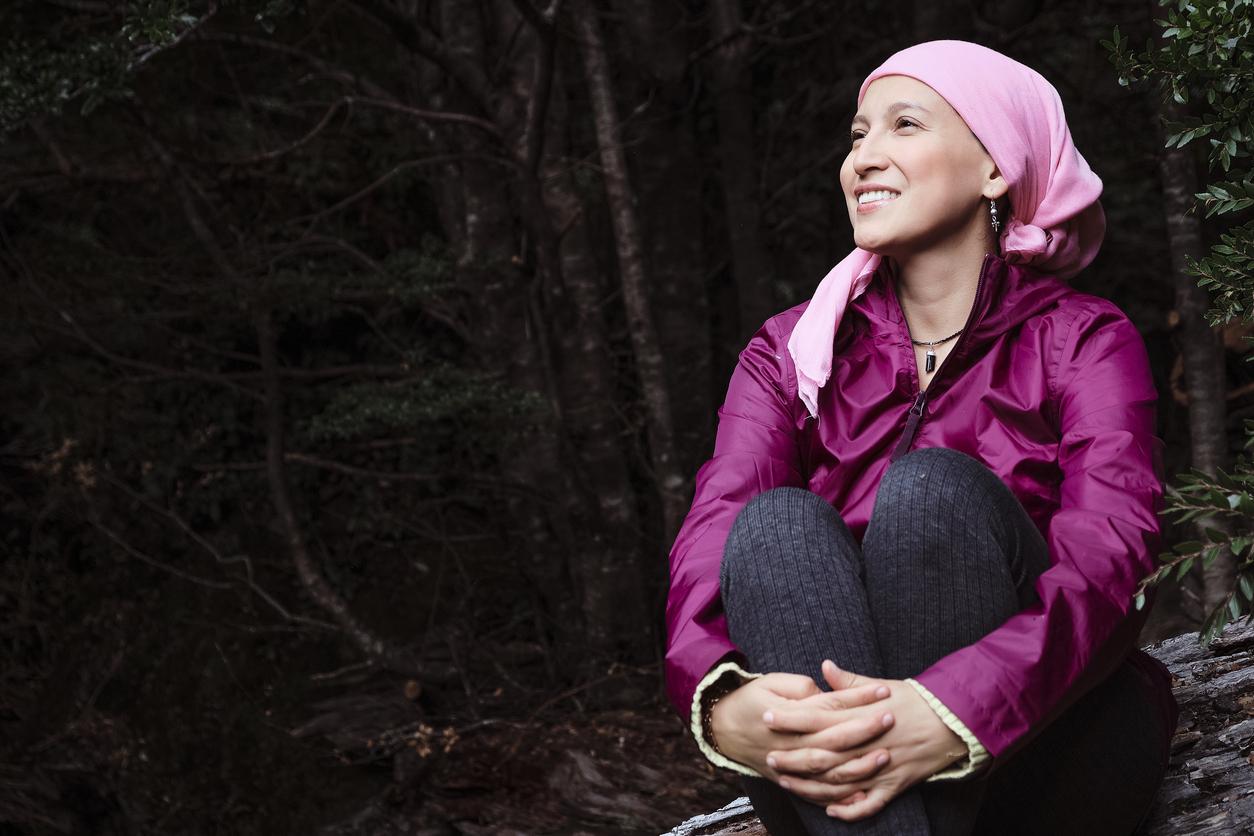
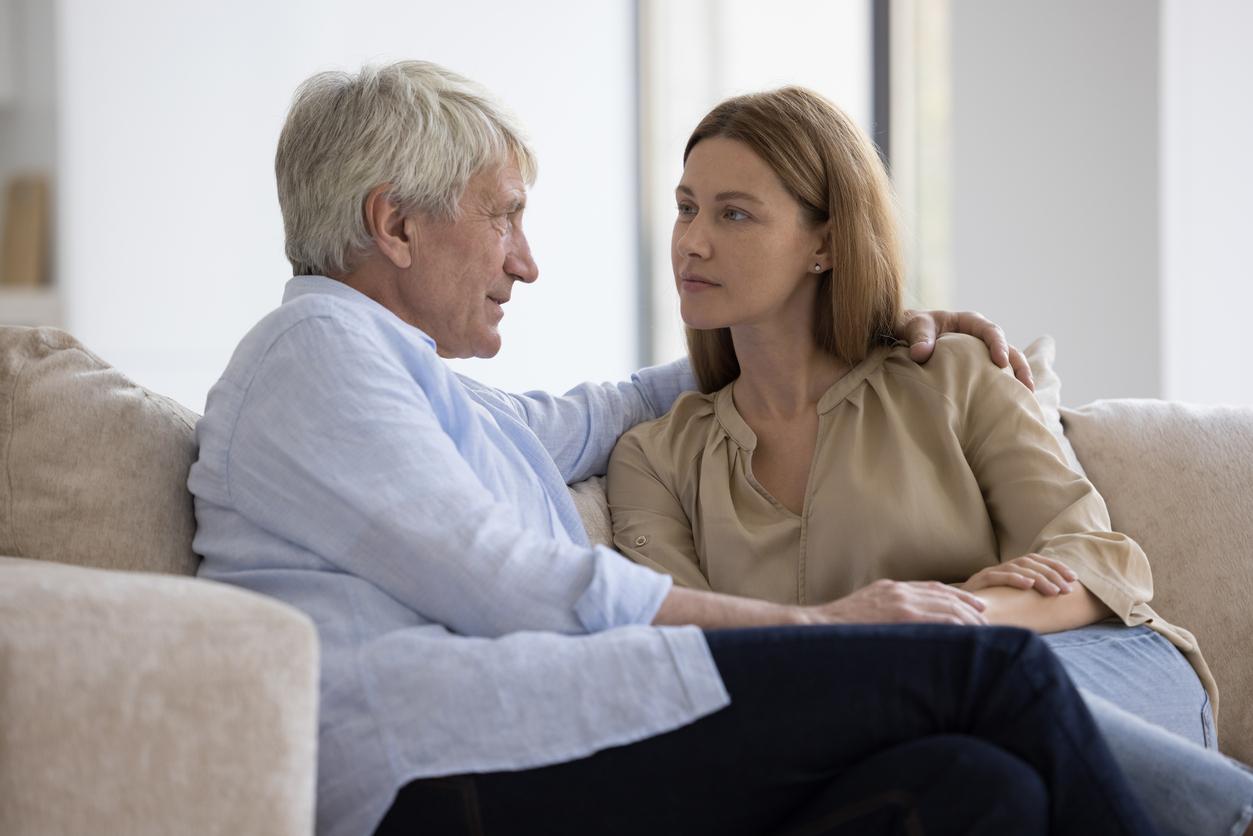
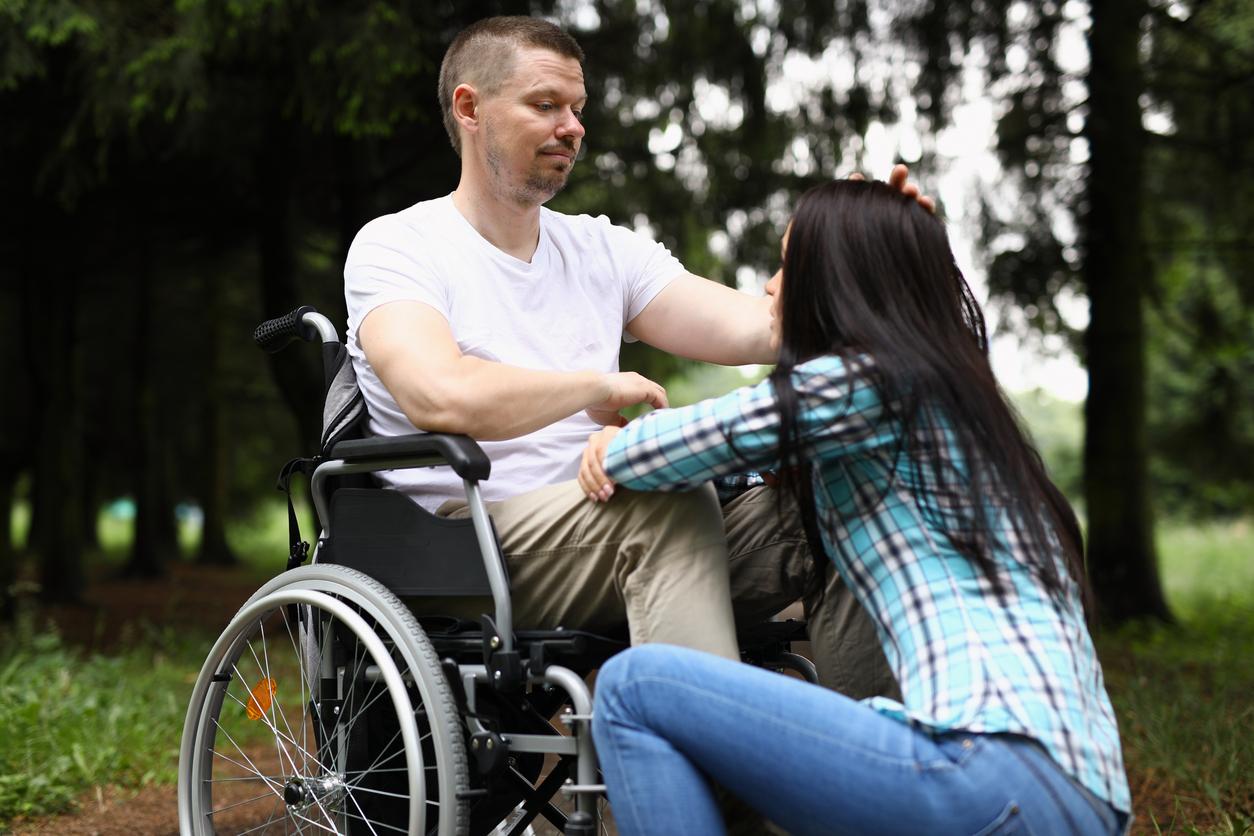
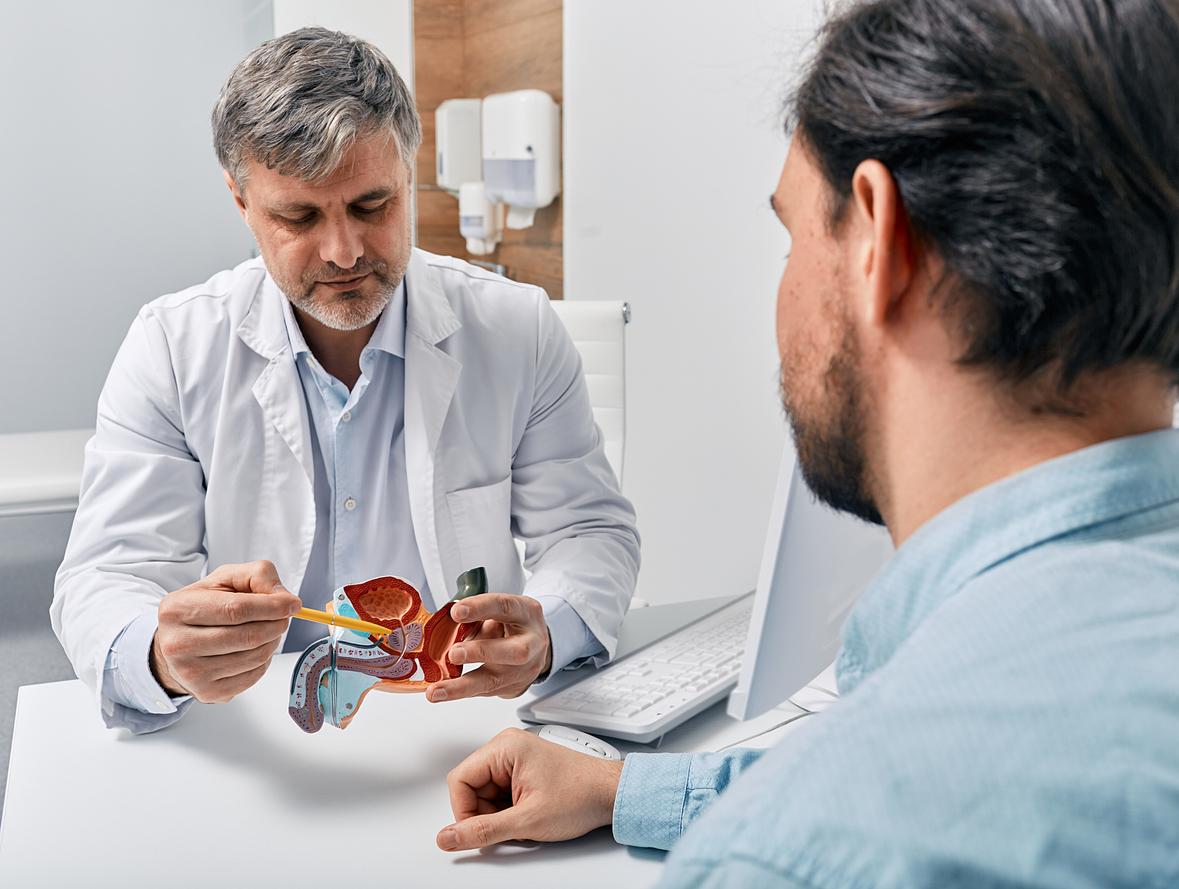
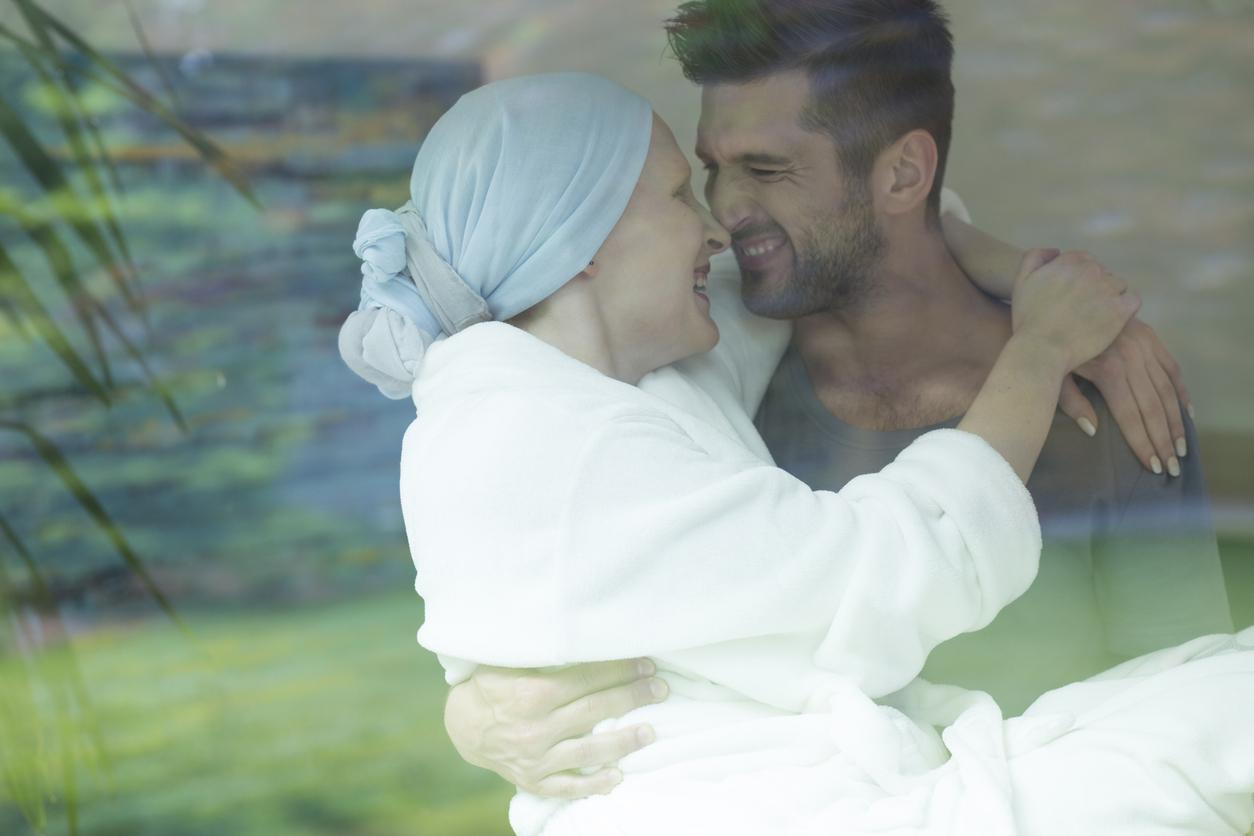

-1721998247.jpg)